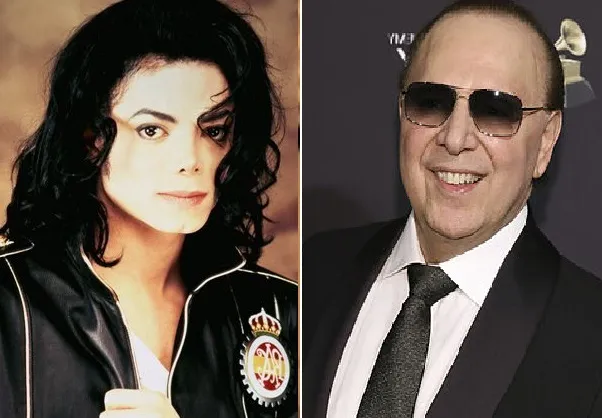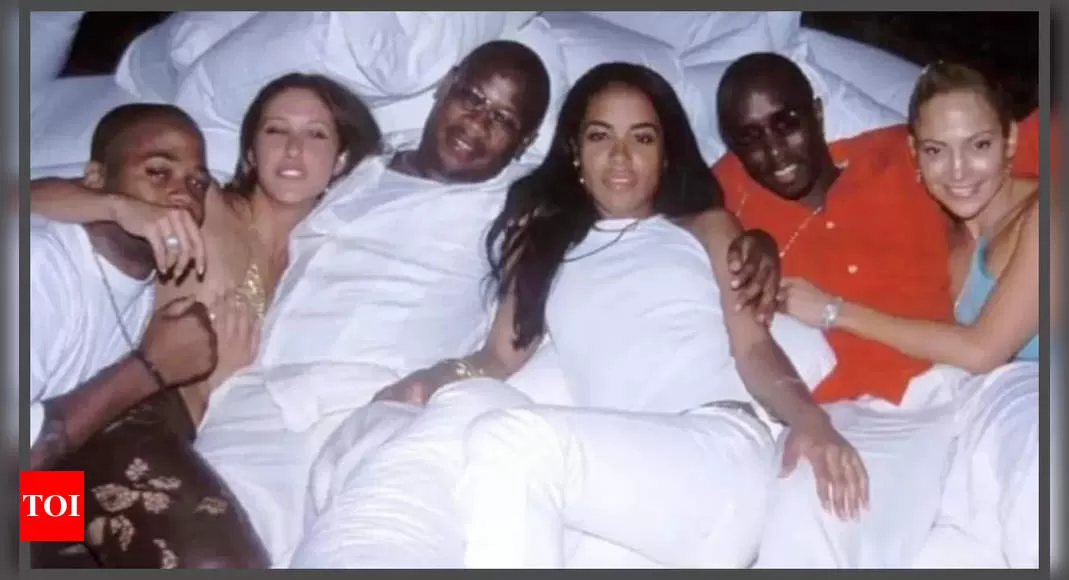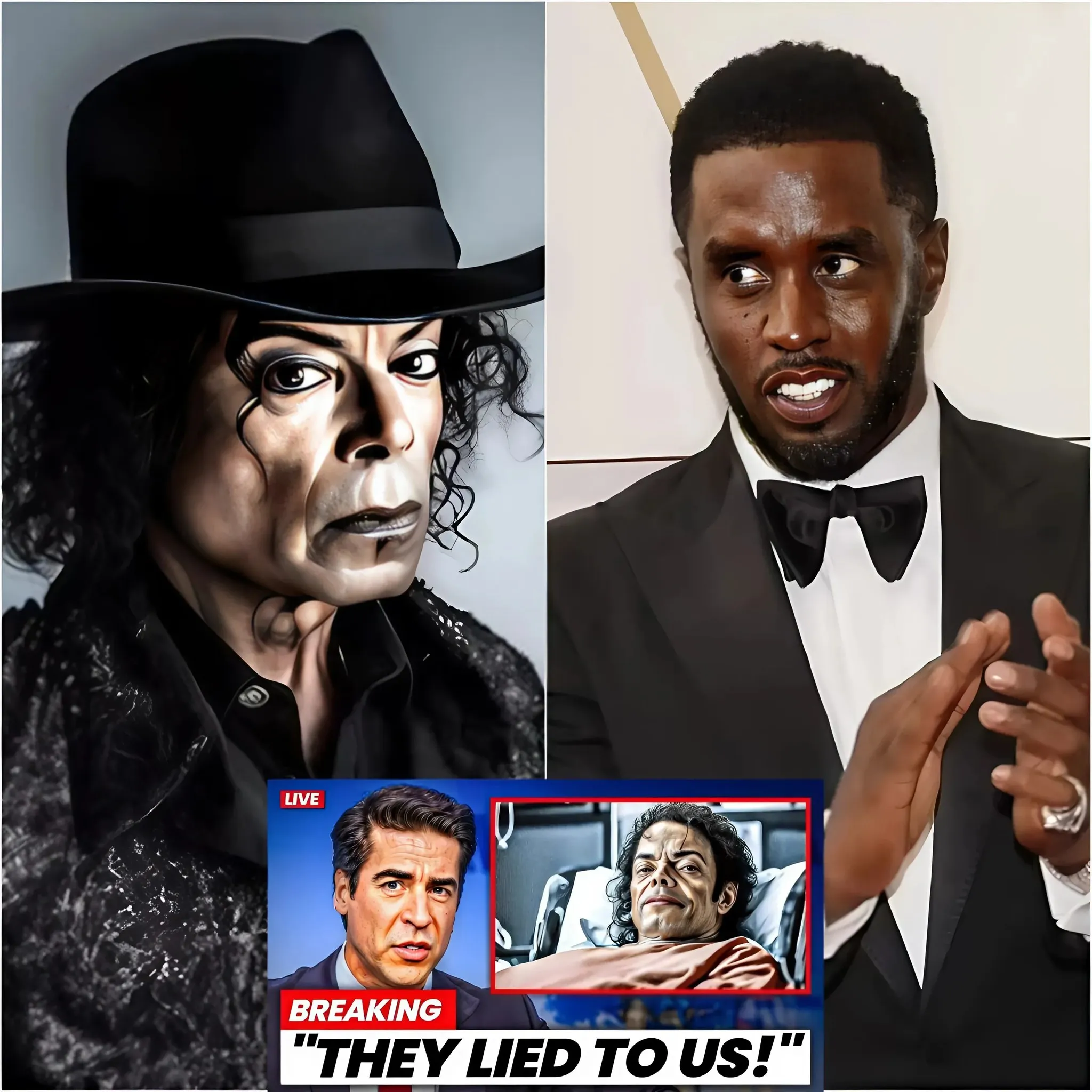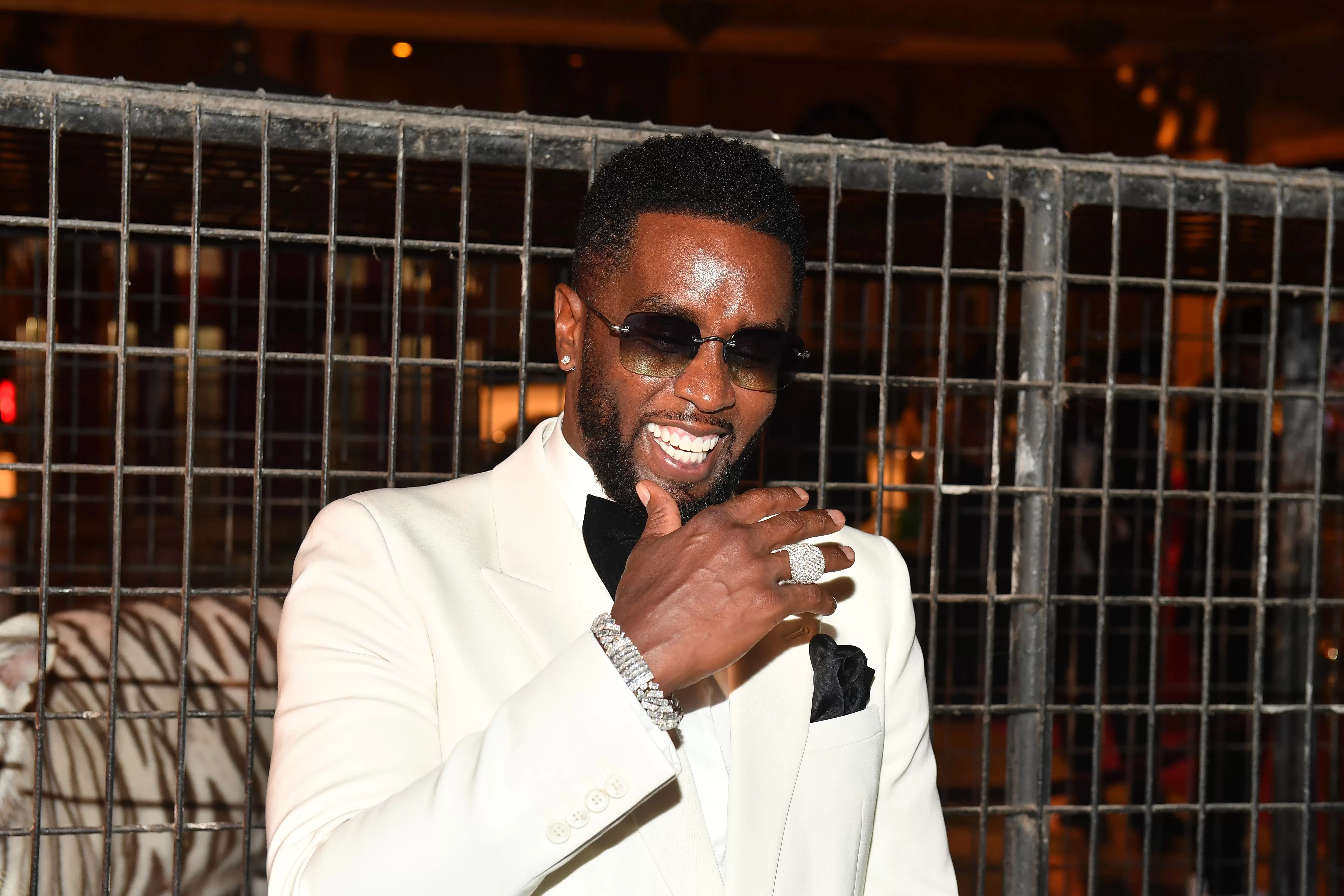Mariah Carєy just spilled something BIG about her ex-husband Tommy Mottola, aka “the devil” as Michael Jackson used to call him. And it looks like all those fans who have been blaming Tommy Mottola and Sony for their alleged role in MJ’s death are finally getting some vindication!!
Ok, so this is the first dive into the suspicious details surrounding MJ’s death and his much-publicized affair with Sony Music…

On the night of June 24, 2009, the day before MJ died, his personal physician, Dr. Murray, gave him a concoction of medications to help him sleep. When nothing worked, Dr. Murray gave him an injection of propofol in the early hours of June 25. This seemed to work and Dr. Murray picked up the sleeping Michael and carried him to the bathroom.
However, when he returned a few minutes later, he found Michael unconscious with a weak pulse. Dr. Murray performed CPR for about 10 minutes and gave him something to counteract the excessive overdose. But the strange thing is that a 911 call wasn’t made until 12:21 p.m., almost an hour and a half after he found Michael.
When paramedics arrived, they performed CPR for another 42 minutes before taking Michael to Ronald Reagan UCLA Medical Center. Sadly, he was pronounced dead at 2:26 p.m. on June 25, 2009.
Mariah Cary has been rife with speculation about her ex-husband Tommy Mottola and his legacy in both her personal life and in the midst of celebrity relationships with artists like Michael Jackson. In one bombshell, Mariah referred to Mottola as “the devil,” echoing sentiments previously shared by Michael Jackson, who famously called Mottola “the devil.” The leaks have revived long-standing rumors of Mottola’s involvement in wrongdoing far beyond Mariah’s hopes, implicating him and Sony in a vast conspiracy over Michael Jackson’s death.
Mariah Carєy’s relationship with Tommy Mottola, then head of Sony Music, has long been a subject of interest. They married in 1993, and while the union seemed glamorous on the surface, Mariah has since discovered that she was a prisoner in her own home. In multiple feature articles, Carєy has described Mottola as an emotionally abusive and controlling figure who went to extreme lengths to achieve such extreme goals as tapping her phones and controlling every aspect of her life, both personally and professionally.
Mariah says she cried in front of Michael Jackson, confiding in him about how she was trapped by Mottola’s obsessive behavior. According to Carєy, Mottola’s control over her music career extended, as their relationship was also a business partnership, in which she had little autonomy. Carєy’s accusations against Mottola painted him as a powerful figure, capable of manipulating artists for his own interests, regardless of the emotional or psychological toll it might have on them.

Michael Jackson, one of the most successful and popular recording artists of all time, also had a contentious relationship with Tommy Mottola and Sony. Michael claimed that Mottola and his company were trying to sabotage his car after he decided to leave Sony and become a rogue agent. In the early 2000s, Jackson launched a public attack on Mottola, calling him “racist” and “evil.” Jackson accused Sony of conspiring against him, particularly over control of his music catalog, which they had outsmarted Sony in acquiring a significant portion of.
In a famous speech at a protest against Sony, Jackson explained how his company mistreated its black artists and tried to undermine their success because they became too powerful. He pointed out that many famous artists, such as Sammy Davis Jr. and Jamie’s Brown, had been exploited by record companies and were living in terrible financial conditions, spitting out their immediate contribution to the music industry.
Jackson’s feud with Sony reached its peak when he accused Mottola of intentionally sabotaging his album Invincible by not promoting it properly, even though it had already made the company billions. Michael’s decision to leave Sony, despite owning half of his releases, infuriated Mottola and the record company. This strained relationship led to growing tensions between Jackson and Sony, with Michael believing that Mottola was out to destroy him.

Michael Jackson’s sudden death in 2009 only fueled speculation that the cause was more than accidental homicide. Jackson’s personal physician, Dr. Conrad Murray, was convicted of manslaughter for administering the fatal dose of propofol, but many Jackson fans and family members were not convinced that Murray acted alone. La Toya Jackson and Michael’s son, Princє, both said Michael feared for his life in the days leading up to his death, again saying “they are trying to kill me.”
In the years since Jackson’s death, many have speculated that his ongoing battle with Sony over his music catalog may have been a motive for those who wanted him quiet. Michael’s catalog, which included the valuable rights to a portion of Sony’s music publishing, was worth billions, and some believed that powerful figures in the music industry stood to gain from his death. One of the most recurring themes is that Mottola and Sony orchestrated a campaign to indict Michael for despicable crimes, ruin his reputation, and virtually prevent him from regaining control of his catalog.
Adding another layer to the mystery surrounding Michael Jackson’s death are some unfair allegations involving Sєan “Diddy” Combs. According to a lawsuit filed by Diddy’s former producer Lil Rod, Diddy’s head of security, Fahim Muhammad, had close ties to law enforcement and was involved in covering up crimes on Diddy’s behalf. What makes this especially intriguing is that Fahim Muhammad was also Michael Jackson’s head of security at the time of his death.
The lawsuit alleges that Fahim Muhammad had the power to make problems “disappear” and was part of a larger network of powerful industry figures shielding Diddy from legal consequences. Fahim claimed during Dr. Murray’s trial that he had only worked for Michael for 10 months prior to his death, despite having no prior security experience. This has led to questions about why Fahim was placed in Jackson’s circle of guests for ulterior motives and why he played a role in concealing a vast conspiracy surrounding Michael’s death.

During Dr. Murray’s trial, it was revealed that AEG Livє, the promoter of Michael’s This Is It tour , had hired Dr. Murray to oversee Jackson’s music business. Michael’s family sued AEG, accusing them of misconduct, and Prince Jackson claimed that his father was under extreme pressure during the time, which led to his death. The prince recalled his father saying several times, “They’re trying to kill me,” and said that Michael was talking to AEG Livє and other industry figures such as Randy Phillips, the company’s CEO.
However, the jury ultimately sided with AEG, dismissing accusations of naivety. However, many fans and conspiracy theorists believe that AEG, Sony, and powerful figures like Tommy Mottola played a role in Michaєl’s debacle. This theory gained more traction when it was written out in full by Michaël in the weeks leading up to his death, in which he wrote that “they are trying to kill me” and that “the system wants to kill me for my catalog.”
Mariah Carєy’s claims about Tommy Mottola’s controlling and abusive behavior have helped fuel the conspiracy theory surrounding Michael Jackson’s death. Her description of Mottola as a “bad” man contradicts Jackson’s own statements and reinforces the idea that Mottola and Sony may have played a role in orchestrating the downfall of one of the greatest mob bosses of all time.
While the full truth behind Michael Jackson’s death may not be known, the allegations against Tommy Mottola and Sony continue to linger. Fans of Mariah and Michael have long suspected that powerful figures in the music industry have manipulated and exploited their favorite artists, and Cary’s latest comments suggest those suspicions may not be entirely unfounded.